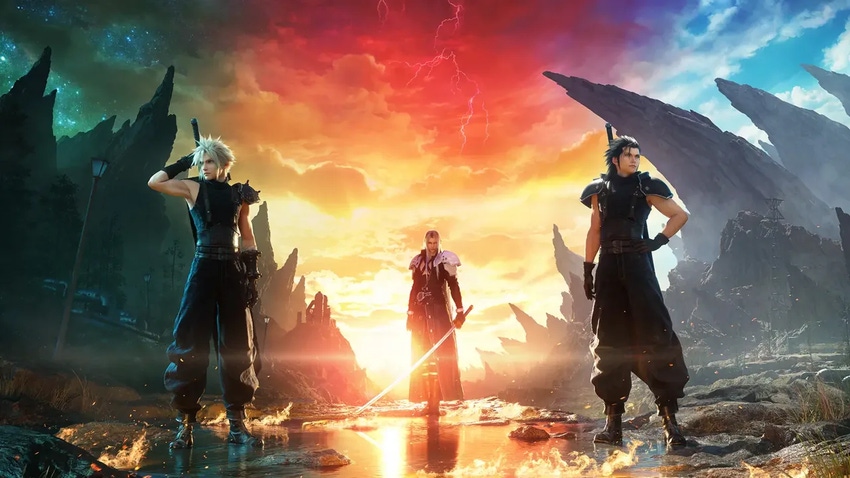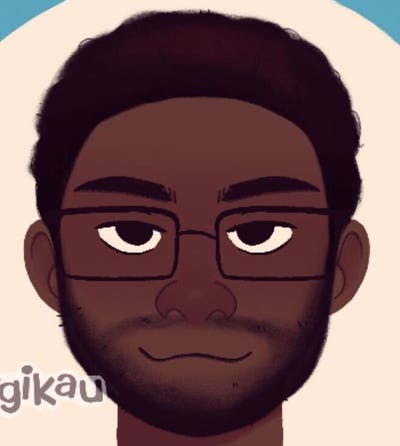Final Fantasy VII Rebirth kept most of its predecessor's development team
Don't split the party, or the development team.

It took less than four years to complete development on Final Fantasy VII Rebirth. According to director Naoki Hamaguchi, it was helped by a majority of the Final Fantasy VII Remake team being brought on for the sequel.
Speaking to Bloomberg, he revealed "80 to 90 percent"of Remake's staff worked on Rebirth, in turn making development easier than it otherwise may have been. Not every developer can keep much of its staff when moving to a different project, to say nothing of nearly everyone staying along for the second installment of an intended trilogy.
The game industry has a good number of veterans, but individual studios don't always do right by those employees. (The reverse can also be true, wherein older employees can and have greatly mistreated those underneath them for years.)
But Final Fantasy VII Rebirth was made in less than four years, and the team retention played a big part in that happening. With enough of the old staff on hand, it was "quite clear who to go to if we had a certain question or problem we were trying to solve," explained Hamaguchi.
"We were able to work together as a team, achieve this great flow and tempo of game development."
Final Fantasy VII Rebirth has new blood keeping it on track
Hamaguchi began working on the Final Fantasy franchise as a member of Final Fantasy XII's visual effects team. Final Fantasy VII Rebirth will be the first game he's directed on his own, after previously co-directing Final Fantasy VII Remake with Tetsuya Nomura and Motomu Toriyama.
Putting his "best foot forward" was a key goal for him, as his day-to-day tasks involved talking to Nomura and other Final Fantasy VII veterans to determine how the remake games can resonate with a modern audience. In some instances, that meant wrangling in the more ambitious aims of his superiors.
For example, producer (and franchise brand manager) Yoshinori Kitase wanted to change the look of the Mako reactors for the remakes. But Hamaguchi, who was in high school when the original Final Fantasy VII released, managed to convince him that it was "too iconic" to change.
"That’s where I believe my role comes in as a younger creator within this team," he remarked. "I feel like my role is to offer that perspective."
In keeping on experienced staff while still ensuring that younger voices have a say in development, Square Enix hit an interesting balance of old and new with its remake trilogy. Given that these games are about what it means to be in Final Fantasy VII, it's fitting, albeit a bit on the nose.
About the Author(s)
You May Also Like









